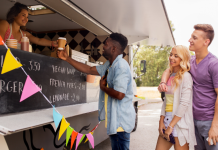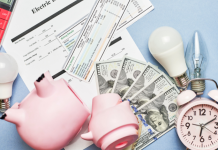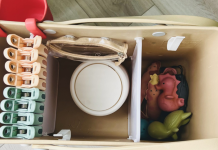I’m a New England girl. Although I’m used to seeing the grocery store shelves empty before a big Nor’easter, I was pretty unprepared for hurricane prep. The long lines at gas stations, the scramble for bottled water, sandbags, and generators, and the dilemma of whether to stay or go – all of this was new and scary.
My husband is a native of Miami. His family lost their home in Hurricane Andrew in 1992 and he’s experienced many other hurricanes since then. Knowing first-hand the type of destruction a hurricane can do, doesn’t make it any less scary, but he does know how to prepare and how to stay safe.
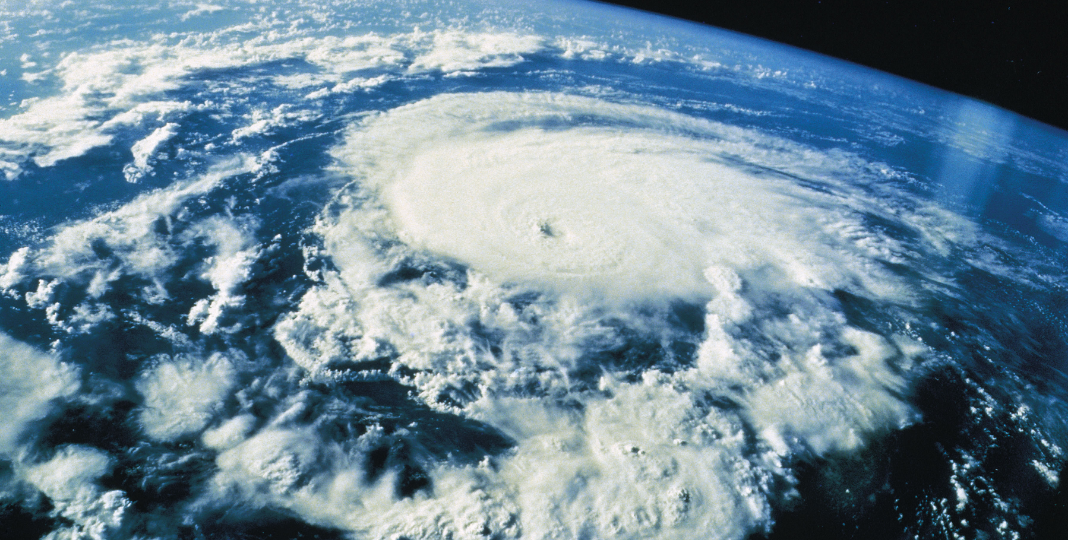
NOAA has predicted an “extremely active” Atlantic hurricane season and for the past few years, Charleston has dodged a major storm in September. Although I’m hoping for the best this year, if 2020 has taught us anything, it’s to prepare for the worst (just buy a reasonable amount of toilet paper, okay?)
We’ve been through a few hurricanes together since I moved here eight years ago and I’ve learned a lot. While there are tons of resources out there, here are a few of my favorite tips on our hurricane prep list:
Hurricane prep tips
Stock Your Hurricane Kit Early
To avoid crowds, shortages, and stress, you should make sure you have a “hurricane kit” ready to go well before a storm hits. Here’s what we always have stocked:
- Batteries
- Flashlights/Lanterns
- First Aid Kit
- Battery-operated radio
- Bottled Water (enough for a week, calculating roughly one gallon per day per person)
- Bug Spray
- Waterproof containers to hold things like food, clothes, important documents, etc.
- And of course, your 2020 kit wouldn’t be complete without hand sanitizer, masks, and disinfecting wipes.
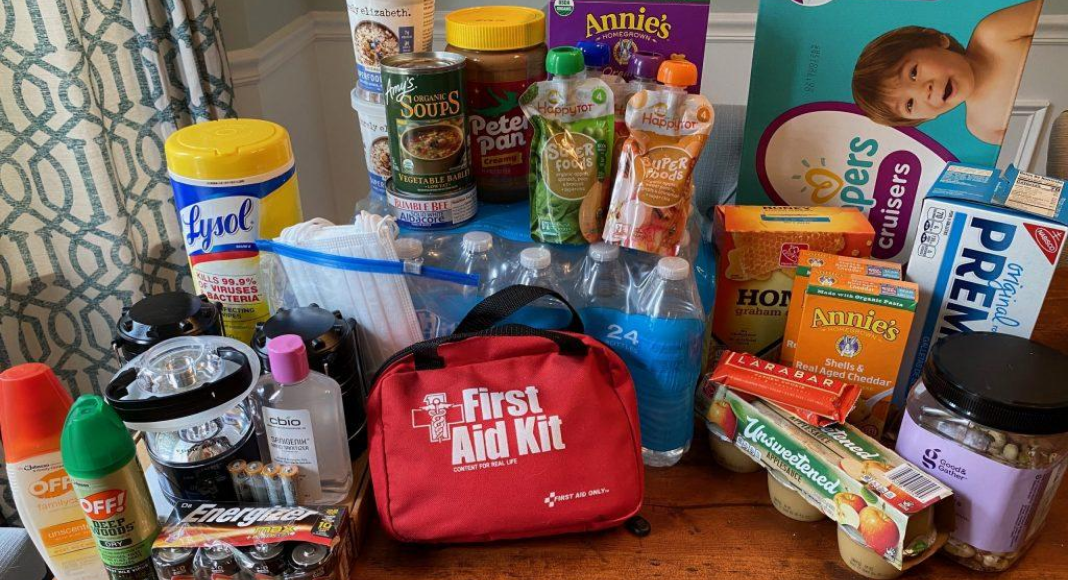 In addition, we keep these items restocked during hurricane season – or at least when there’s a storm that has the potential to hit:
In addition, we keep these items restocked during hurricane season – or at least when there’s a storm that has the potential to hit:
- Non-perishable food like granola bars, nut butter, bread, or canned/boxed food like tuna, beans, soup, crackers, etc. The guideline here is also about a week’s supply.
- Gas/Propane: If your family is using a generator, you should make sure you have enough gas on hand to run your generator. We also like to make sure we have propane for our grill to help us cook during power outages.
- Prescriptions
- Baby formula
- Diapers/Wipes
- Pet food
- Fully-charged portable power banks: we use these to charge our cell phones when traveling, and they also help us keep our phones charged during a power outage.
- Cash: Power outages can knock out credit card processing machines and ATMs, so it’s also a good idea to have a little cash on-hand for purchases you may need to make.
For a complete list of items to include, see this list from DHEC or download the 2020 Hurricane Ready Guide from News 2.
Check Forecasts Early
My husband always keeps an eye on the tropics and often follows storms when they are just “invests” out in the ocean. Although many weather reports include potential storm threats, he swears by Mike’s Weather Page on Facebook. Mike is a fellow weather fanatic who analyzes spaghetti models and usually has some great opinions on forecasting. Following forecasts early can help you plan and prepare before the mad rush.
Check Storm Surge Maps
The biggest threat during a hurricane is the storm surge—and you could still see storm surge, even if you don’t have a beachfront property. During Hurricane Laura, storm surge was forecasted up to 40 miles inland. That’s why when evacuation orders are ordered, it’s important to know your evacuation zone.
To get an idea of how storm surge would affect you, you can check the National Storm Surge Hazard Maps here. These maps allow you to view storm surge potential for each category on a direct hit.
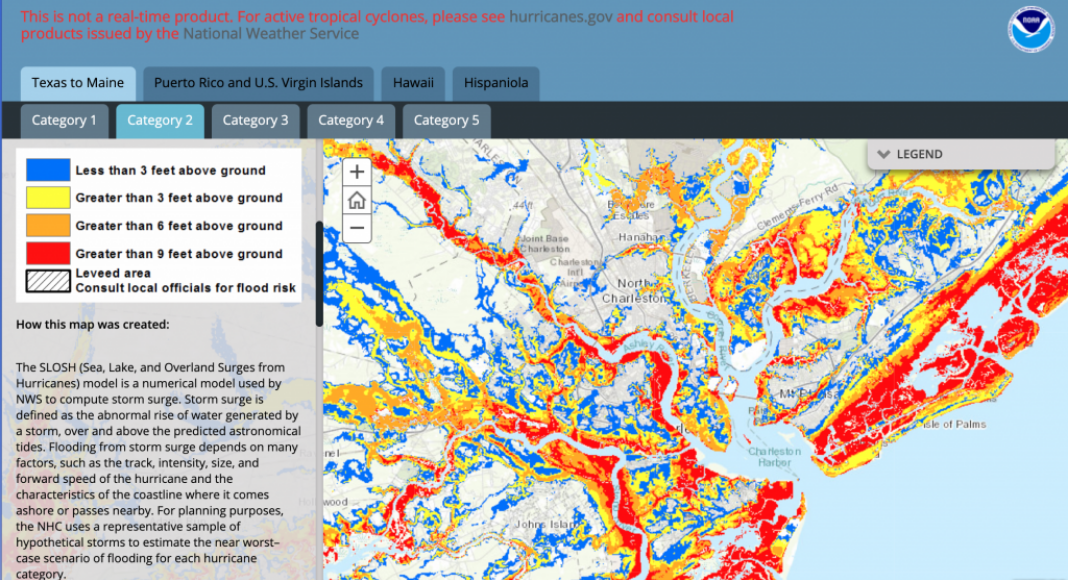 Keep Your Gas Tank Full
Keep Your Gas Tank Full
If you need to evacuate, you’ll need gas. And if you stay, power outages could close gas stations. Either way, fill your gas tank and keep it full, so you don’t need to fight the long lines right before a storm.
Take Pictures of Your Home and Property
Before a storm hits, it’s helpful to have pictures of your property and belongings prior to any damage you sustain during a hurricane in case you need it for insurance claims.
Add Extra Freeze to Your Freezer
I’m still mourning my breastmilk stash lost in the power outage after Hurricane Dorian. This year, we are keeping some extra water bottles in our freezer, to help keep a cold space for food if we lose power. You can also use bags of ice or ice packs to help keep things cool during a short outage.
If you evacuate and aren’t sure how long power has been out, you should throw it out. The quarter in a cup trick isn’t always reliable!
Shut Interior Doors
It’s a no-brainer to close all of your exterior windows and doors during a hurricane, but did you know you should shut all of your interior doors as well? Whether or not you are evacuating, closing all of your interior doors helps to disperse pressure on your roof during extreme winds.

Fill Your Tubs with Water
During strong storms, you may lose running water. You may want to consider filling tubs with water, so you have water to clean, flush the toilet, even boil it for drinking.
Run Generators Outside, Away from Your Home
Unfortunately, after hurricanes, it’s not uncommon to hear about carbon monoxide deaths related to improper generator usage. Generators should always be run outside of the home (not in a garage, even if the door is open) and ideally, away from the home and any open doors or windows.

